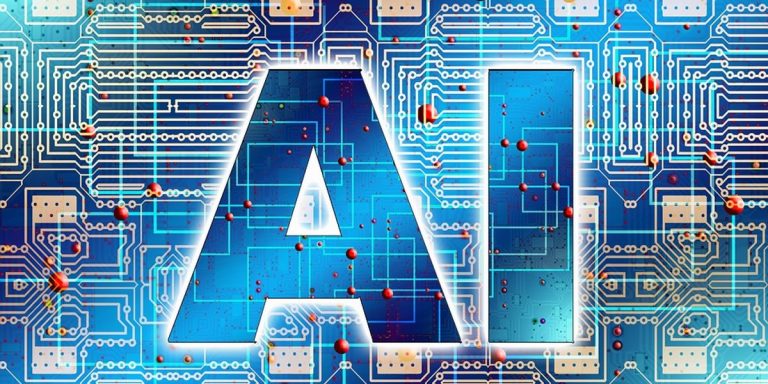Cisco Systems, a global leader in digital communications technologies, has joined Microsoft and IBM in signing the Pontifical Academy for Life contract. Rome Call for AI Ethicsengaging in an ethical approach to artificial intelligence.
Cisco CEO Chuck Robbins met privately with Pope Francis on April 24, before signing the Rome Call for AI Ethics, also called the Rome Call. The Rome Call aims to share responsibilities between different sectors to ensure that digital and technological advances, in particular AI, respect human dignity and benefit all.
“We are very pleased that Cisco has joined the Rome Call as it is a company that plays a crucial role as a technology partner for the adoption and implementation of artificial intelligence by providing expertise in infrastructure, security and protection of data and AI systems. From now on we will see how this can further develop to combine the corporate commitment already present with the ethical principles of the Rome Call,” said Archbishop Vincenzo Paglia, president of the Pontifical Academy for Life and of its RenAIssance Foundation.
“Today, we know that AI is no longer a subject reserved for experts and that it is more urgent than ever to think about the ethics of its development. This new signing of the Rome Call demonstrates this,” he said during an event in which the CEO of Cisco System Inc. signed the Rome Call document already approved by entities such such as Microsoft, IBM, FAO, universities, private companies and NGOs.
Fostering an inclusive future for all
Robbins recognized the potential and challenges of AI, highlighting the company’s role in building networks and infrastructure essential to the AI revolution. He said the principles of the Rome Call align with Cisco’s belief in trust-based technology to drive an inclusive future. “AI is fundamentally changing our world – presenting vast opportunities, but also new challenges. For nearly 40 years, Cisco has built the networks that connect people and organizations around the world, and today we are building the critical infrastructure and security solutions that will power the AI revolution,” said Robbins. “The Rome Call principles align with Cisco’s core belief that technology must be built on a foundation of trust at the highest levels to ensure an inclusive future for all,” he said. .
Father Paolo Benanti of the Pontifical Gregorian University, also scientific director of the RenAIssance Foundation and member of the United Nations Advisory Council on Artificial Intelligence, highlighted the importance of developing robust and unbiased AI datasets , improve AI skills, create governance frameworks and ensure that AI systems are transparent, accountable and respect human values.
“One of the key elements in addressing AI transformations is the implementation of its capabilities, which are rapidly advancing and transforming many industries. Enabling AI capabilities ethically requires action in several directions: developing large, unbiased, high-quality data sets to train AI models; provide access to cyberinfrastructure; develop AI skills; establish governance frameworks to manage AI development; and provide AI systems that are transparent, accountable and aligned with human values. Cisco’s signing today of the Rome Call for AI Ethics is a step forward in this process,” said Father Benanti.
Pope Francis and the “call from Rome”
The genesis of the Rome Call begins just before the world went into lockdown due to the COVID-19 pandemic. In February 2020, the Pontifical Academy for Life organized a symposium entitled “RenAIssance: For a human-centered artificial intelligence”, which ended with the Rome Call for AI Ethics, co-signed by industry leaders from Microsoft, IBM and others. In April 2021, Pope Francis founded the RenAIssance Foundation, a Vatican nonprofit organization dedicated to promoting anthropological and ethical considerations of the impact of new technologies on human life.
Pope Francis dedicated his annual peace message this year to artificial intelligence, advocating for an international treaty guaranteeing the ethical development and use of AI. “The unique capacity for moral judgment and ethical decision-making is more than a complex set of algorithms, and this capacity cannot be reduced to programming a machine,” he wrote.
The Pope also in his message for the World Communications Day 2024focused on the theme “Artificial intelligence and wisdom of the heart: towards fully human communication”“. Francis notes that “at this time in history, which risks becoming rich in technology and poor in humanity, our reflections must begin with the human.” heart.” The heart in the Bible, he said, is seen as “symbolizing wholeness and unity, while engaging our emotions, desires and dreams.” Thus, the use of AI becomes “perverse when it distorts our relationship with others and with reality”.


